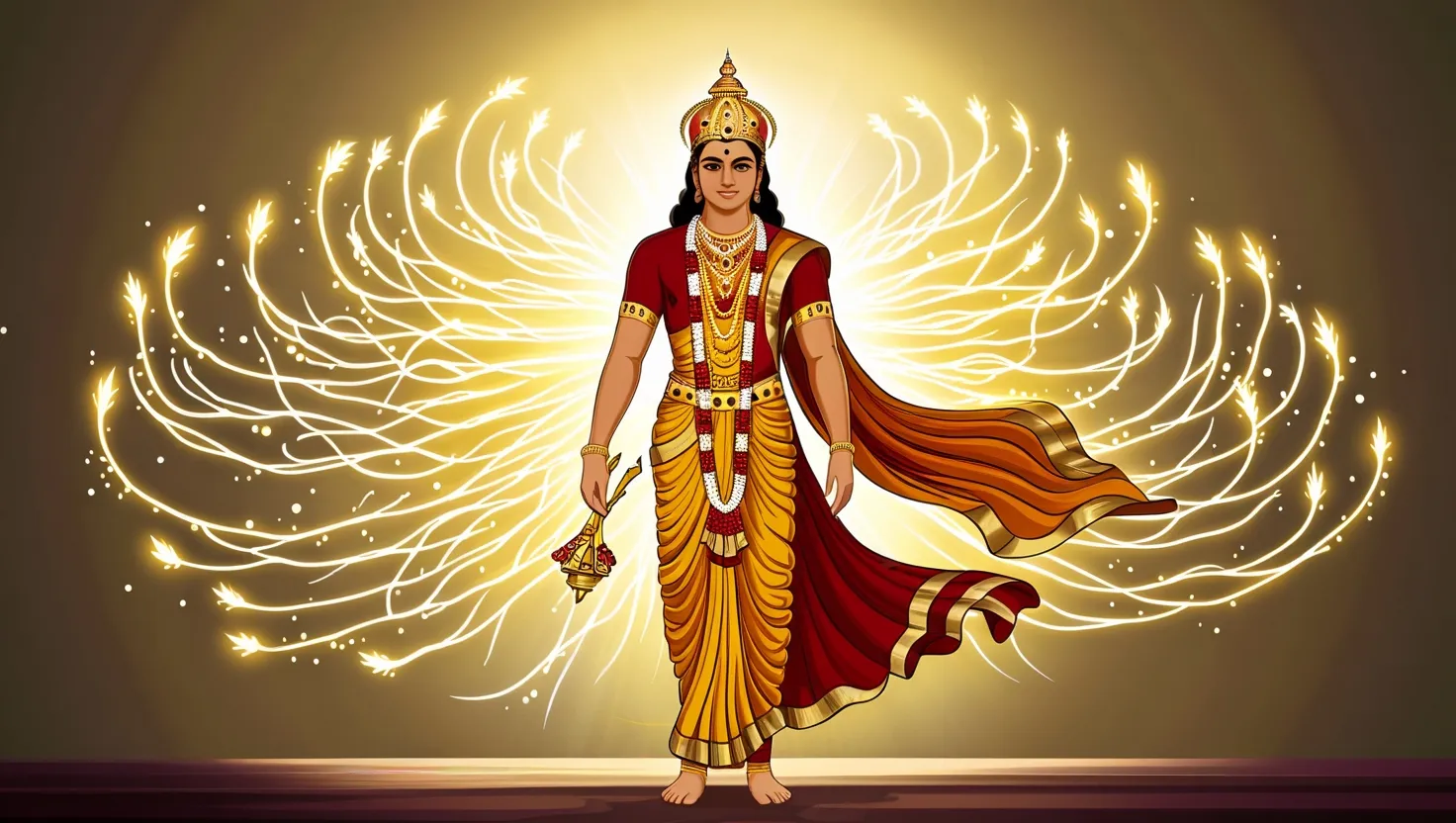Mahabharata's Hidden Clothing Secrets: How Fabric Determined Fate and Triggered Epic Wars
Discover how clothing shapes destiny in the Mahabharata - from Draupadi's endless sari to Karna's divine armor. Explore fashion as power, disguise, and fate in this epic.
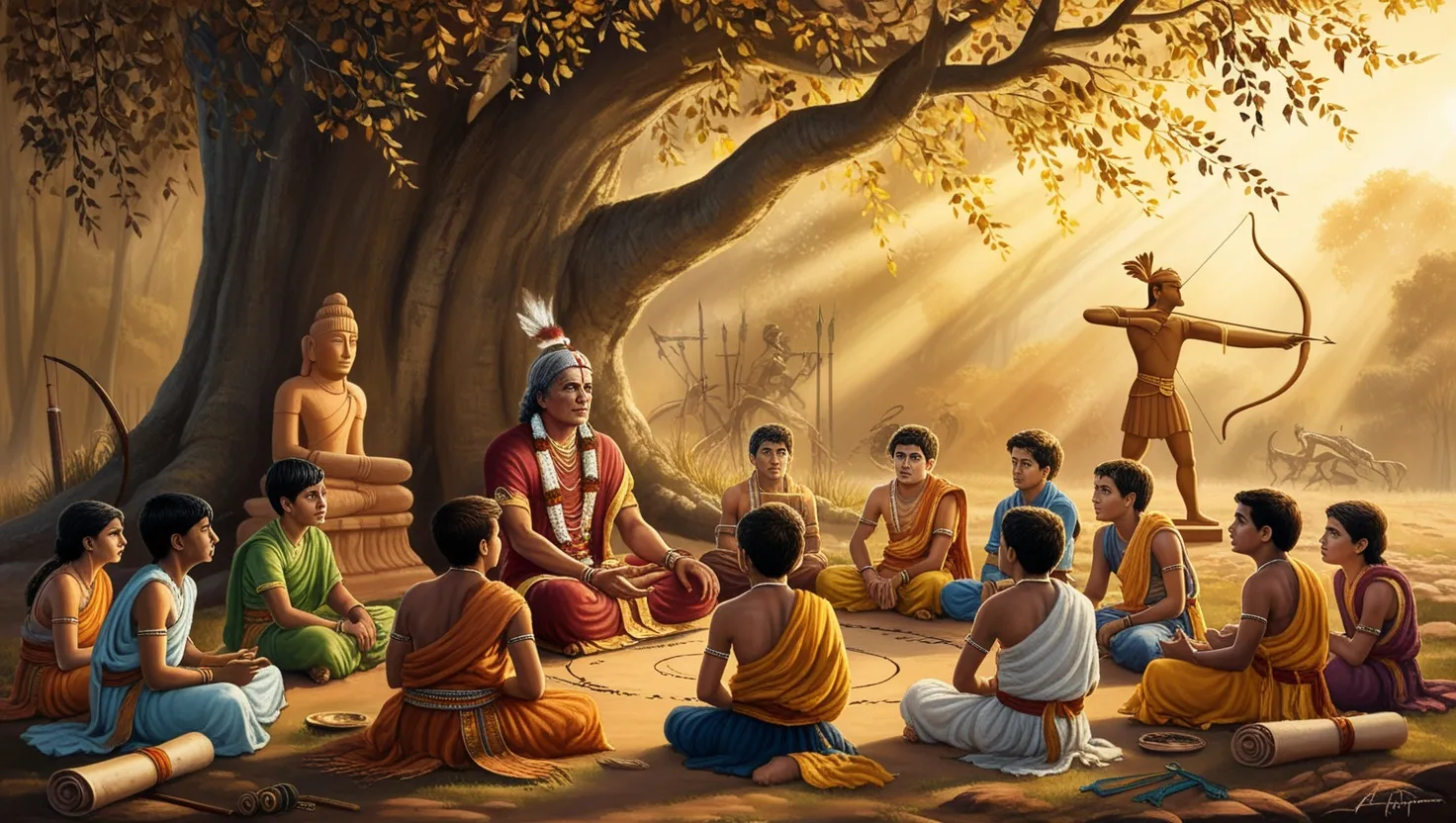
How the Mahabharata Reveals Why Even Great Teachers Create Failed Students
Explore Mahabharata's complex teacher-student relationships & how flawed mentorship leads to tragedy. Discover lessons from Drona, Karna & failed guru bonds. Learn wisdom now.
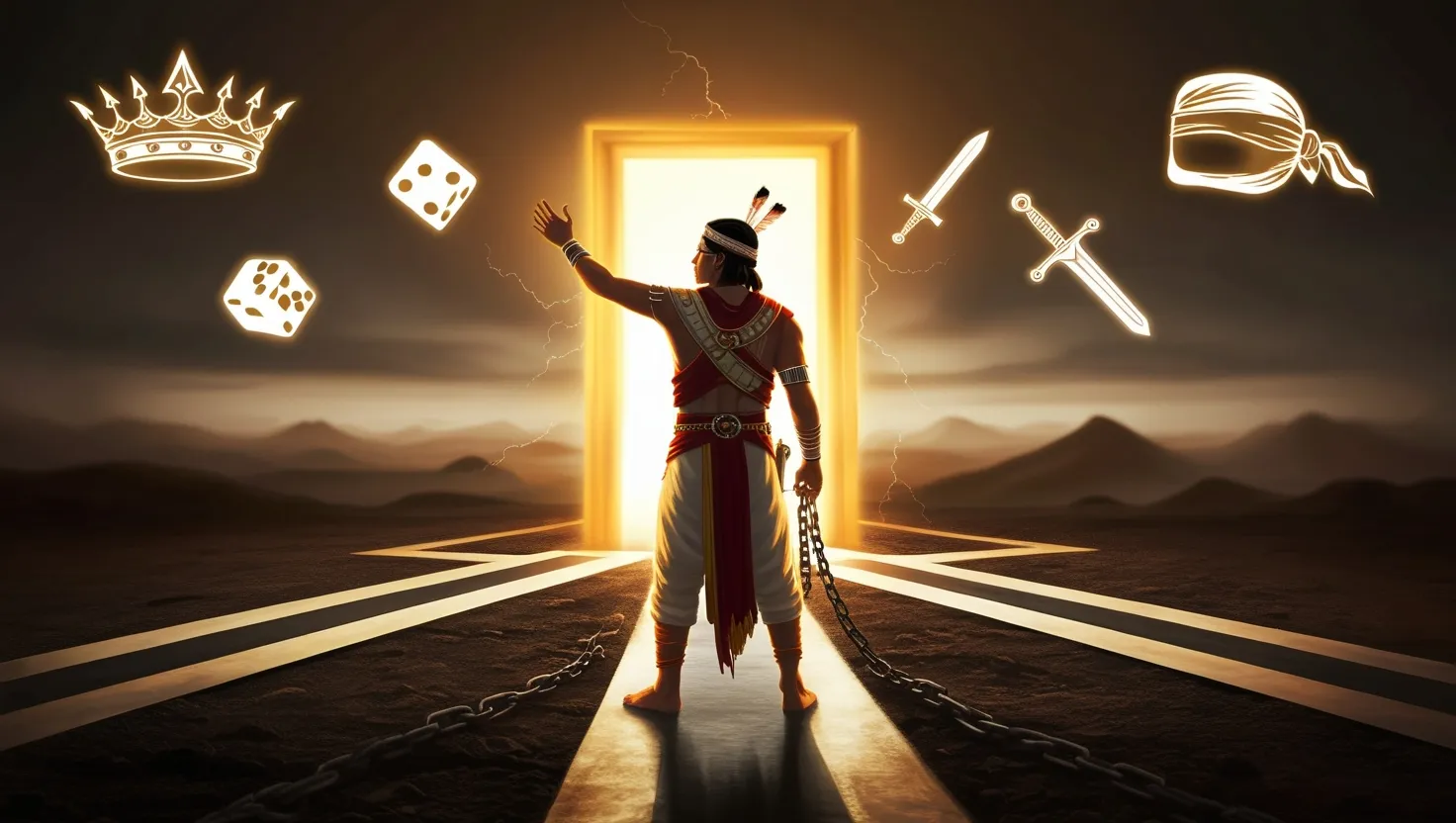
**Mahabharata's Most Tragic Moments: When Freedom Almost Won But Fate Intervened**
Discover the Mahabharata's hidden tragedy: moments when freedom was within reach but slipped away. Explore Gandhari, Karna, and others' near-escapes that shaped destiny.
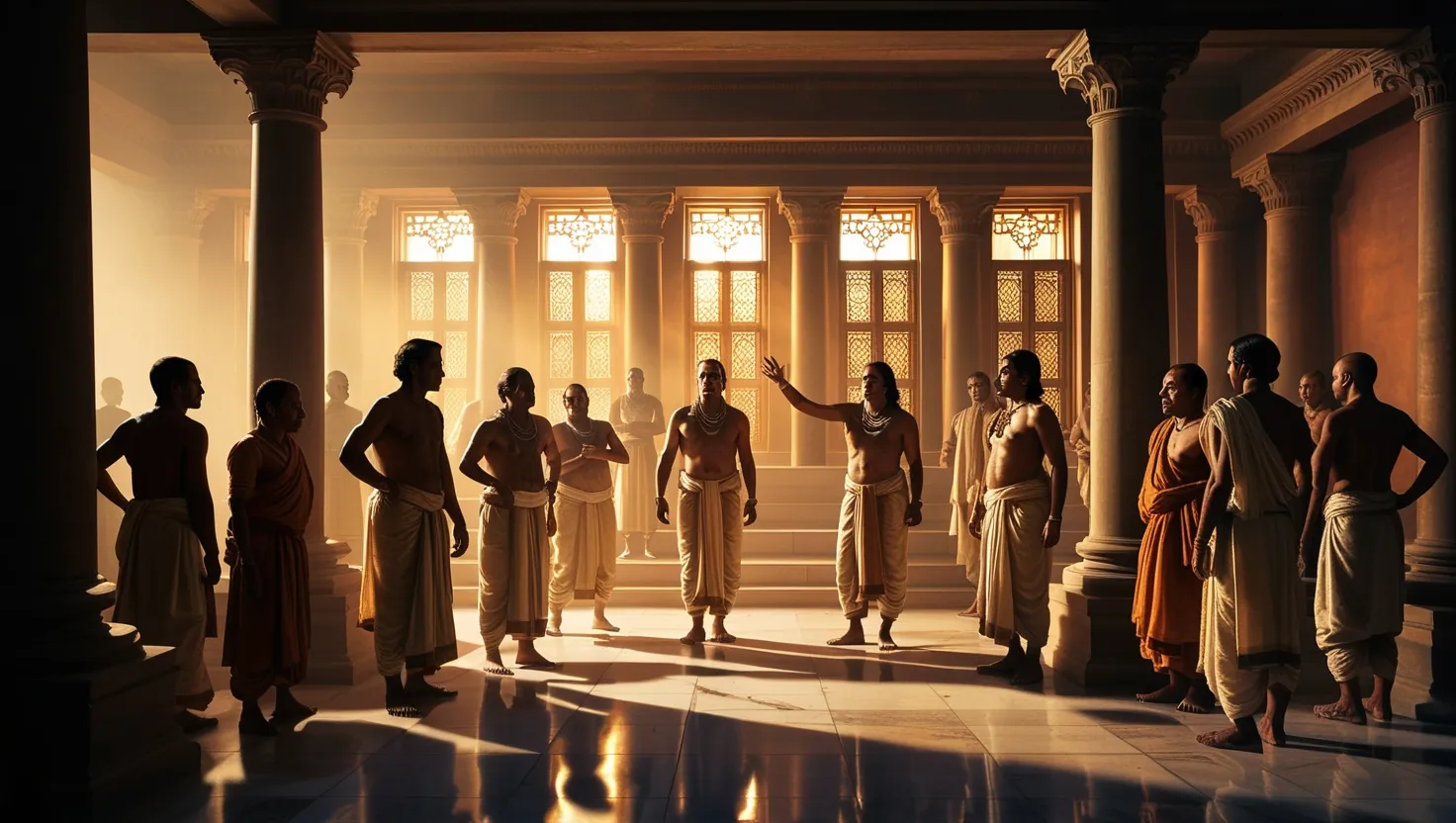
How Ancient Wisdom from the Mahabharata Reveals Why Great Leaders Ignore Critical Advice
Discover why wise voices like Vidura, Krishna, and Draupadi were ignored in the Mahabharata, and how their unheeded warnings led to epic tragedy. Learn timeless lessons about listening and leadership.

How the Mahabharata's Hidden Identities Reveal Timeless Truths About Human Nature and Destiny
Discover how disguises in the Mahabharata reveal profound truths about identity, karma, and destiny. Explore masks as spiritual tools for transformation. Read more.
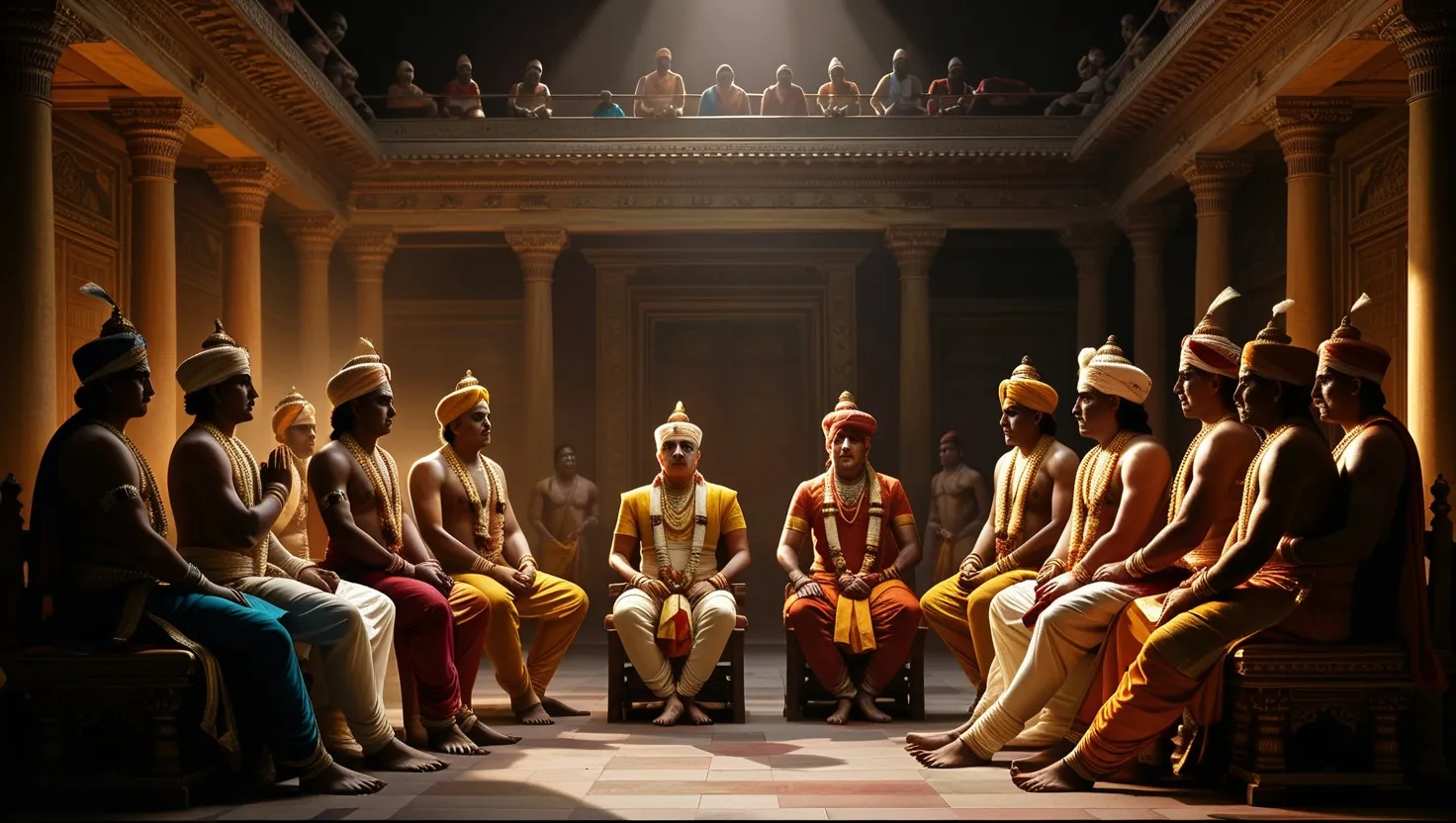
How the Mahabharata War Could Have Been Prevented: 5 Critical Moments That Nearly Changed History
Discover how the Mahabharata's greatest war could have been prevented through key moments of choice. Explore near-miss decisions that shaped destiny and their lessons for today's conflicts and leadership.
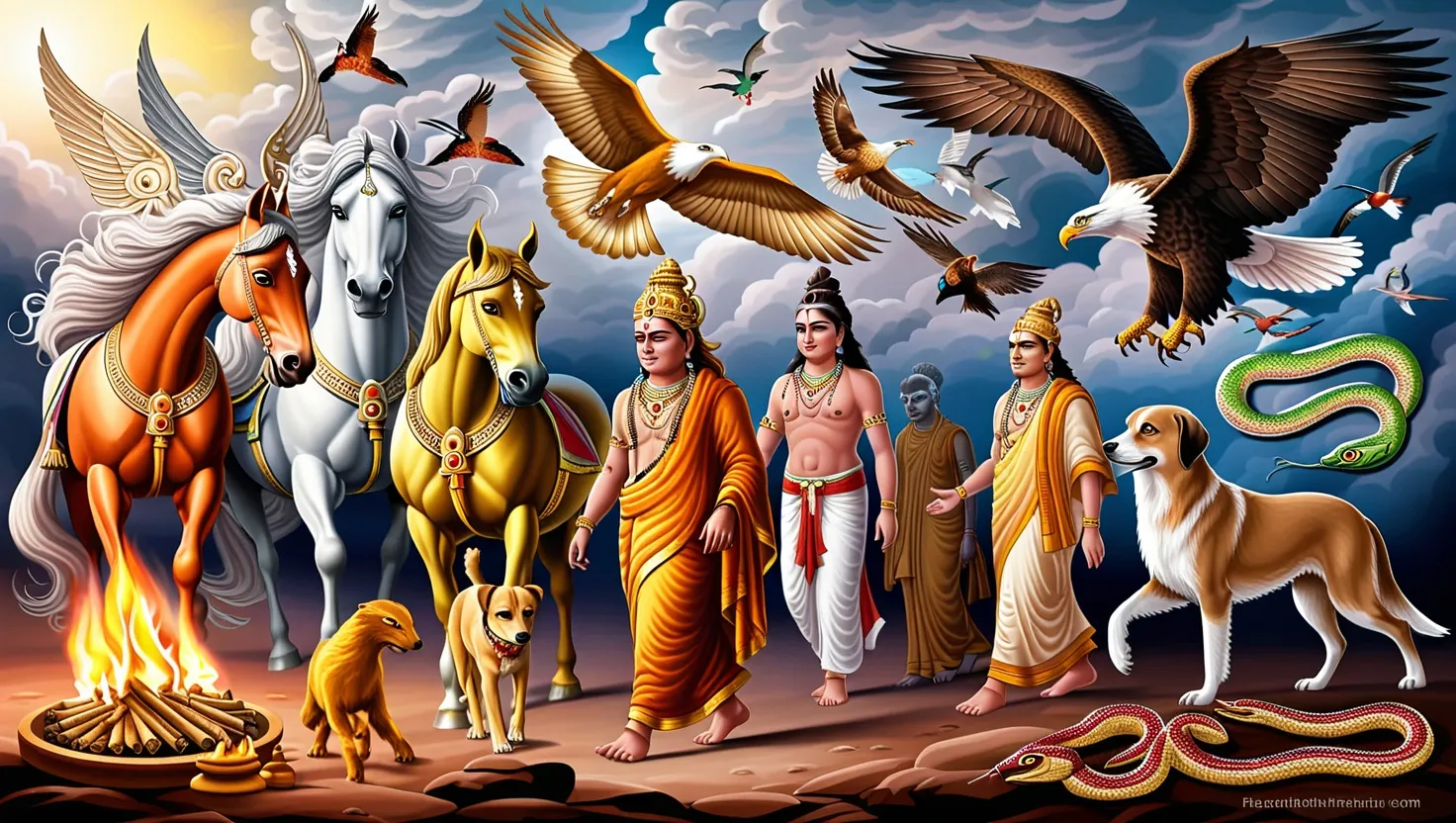
How Animals Shape Destiny and Dharma in the Mahabharata Epic
Discover how animals in the Mahabharata aren't just symbols but destiny-shapers—from Arjuna's divine horses to Yudhishthira's loyal dog. Explore hidden wisdom.

Food as Destiny: How Meals Shape Power, Betrayal, and Character in the Mahabharata
Discover how food in the Mahabharata shapes destiny, power, and character through Draupadi's Akshaya Patra, poisoned feasts, and sacred rituals. Learn the deeper meaning behind ancient meals.
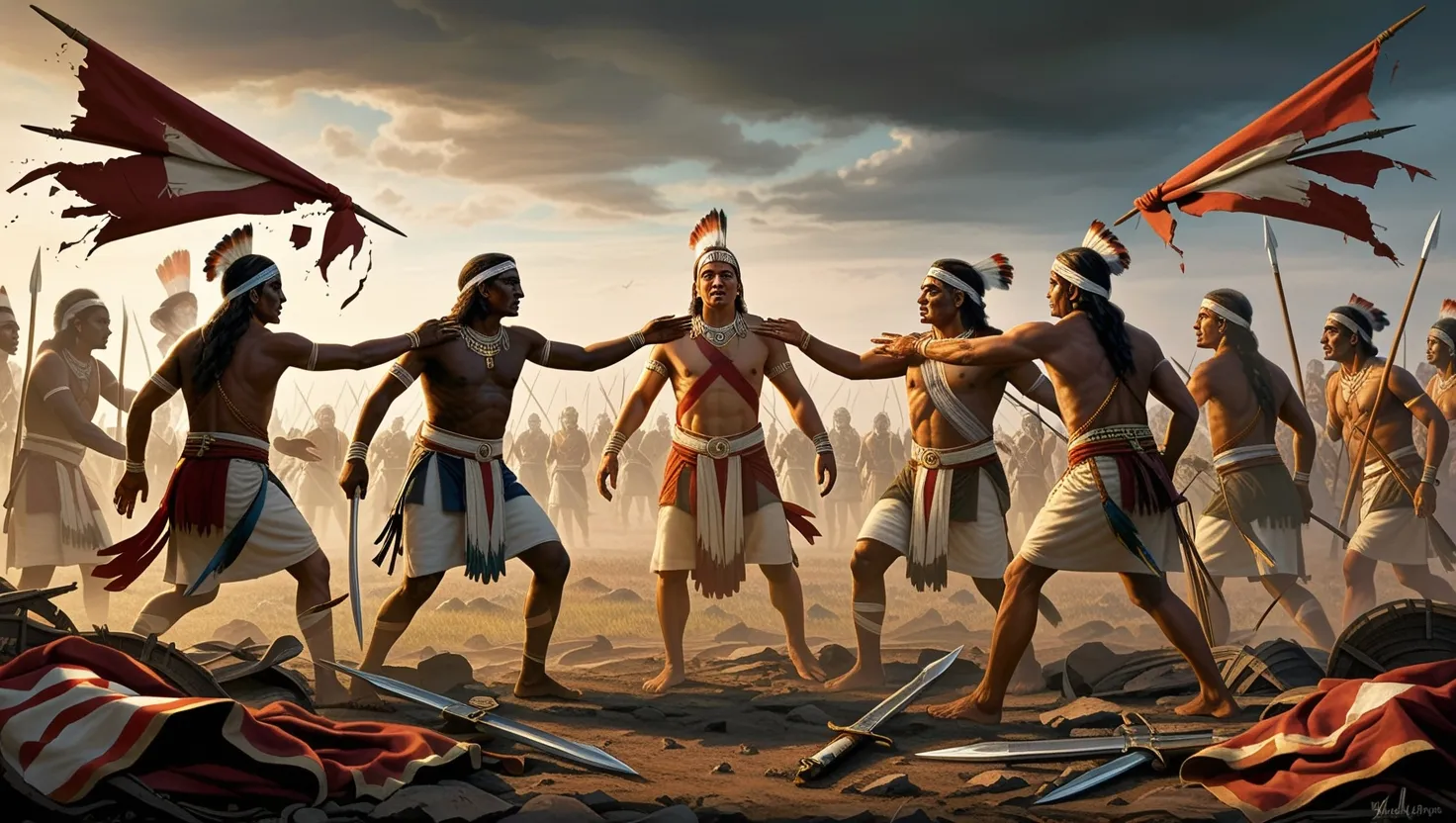
**Hidden Alliances in Mahabharata: When Enemies Became Unlikely Friends and Changed Epic History**
Discover how the Mahabharata reveals unexpected alliances that transcend blood and duty. Explore Krishna-Draupadi bonds, Karna's torn loyalty, and hidden friendships that shaped destiny in this ancient epic.

**Mahabharata's Sacred Forests: How Ancient Groves and Burning Woods Shaped Epic Destinies**
Discover how forests, rivers, and sacred groves in the Mahabharata serve as living participants shaping destiny, teaching profound ecological wisdom still relevant today.
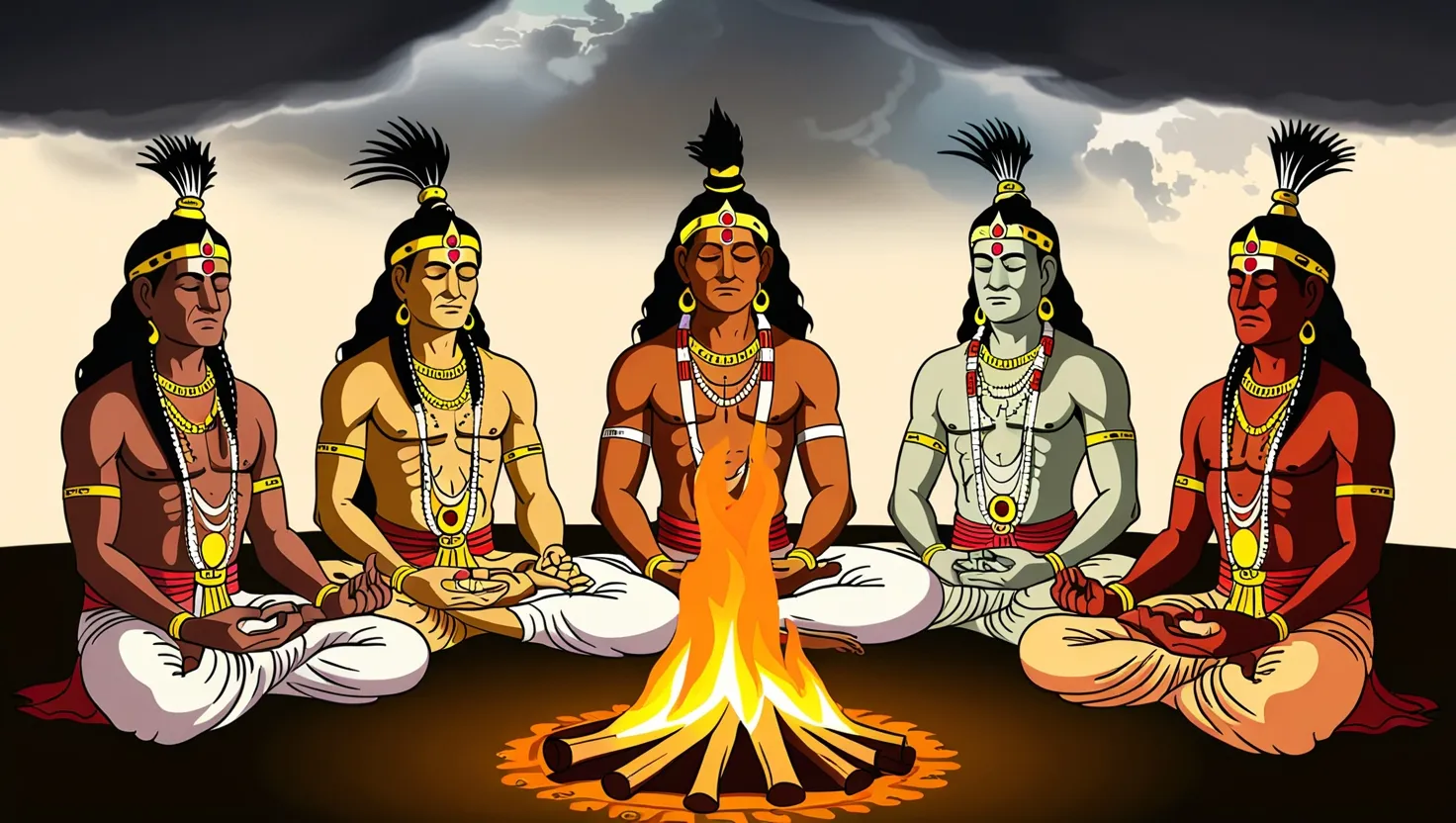
**6 Mahabharata Masters of Patience: Ancient Lessons for Modern Endurance**
Master patience through Mahabharata's 6 legendary characters. Learn how Yudhishthira, Draupadi, Bhima & others turned endurance into strength. Ancient wisdom for modern challenges.
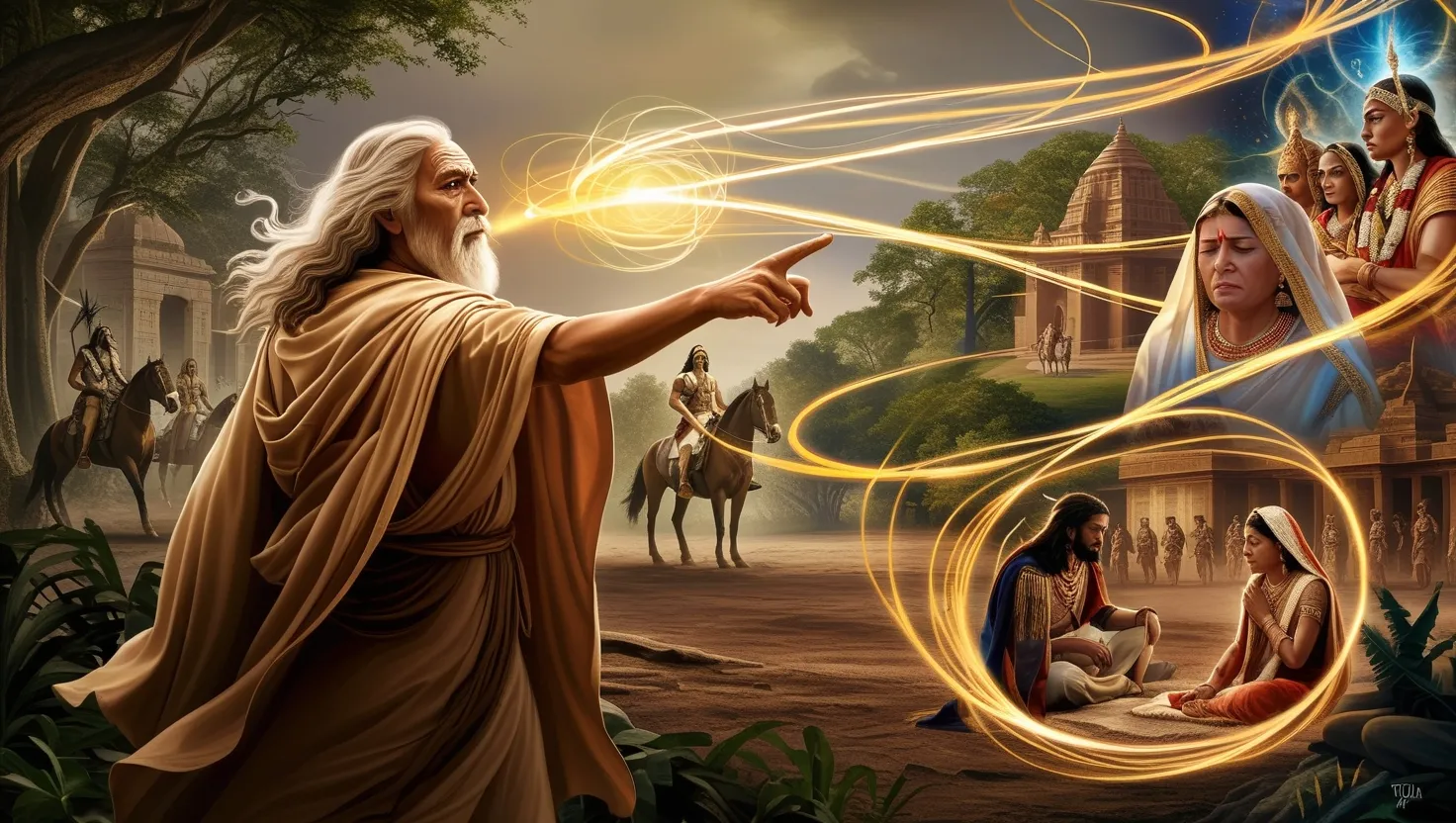
How Powerful Curses in Mahabharata Changed Destiny: The Words That Shaped Ancient India's Greatest Epic
Explore how ancient curses in the Mahabharata shaped destinies and altered history. Discover the profound power of words in anger and their lasting consequences. Learn timeless lessons about speech and karma.

The Silent Power: How Unspoken Words Shape Destiny in the Mahabharata
Discover the profound power of silence in the Mahabharata. Explore how unspoken words shaped destinies, from Bhishma's restraint to Karna's sacrifice. Learn what ancient silences teach us about our own unspoken truths. Read more now.
